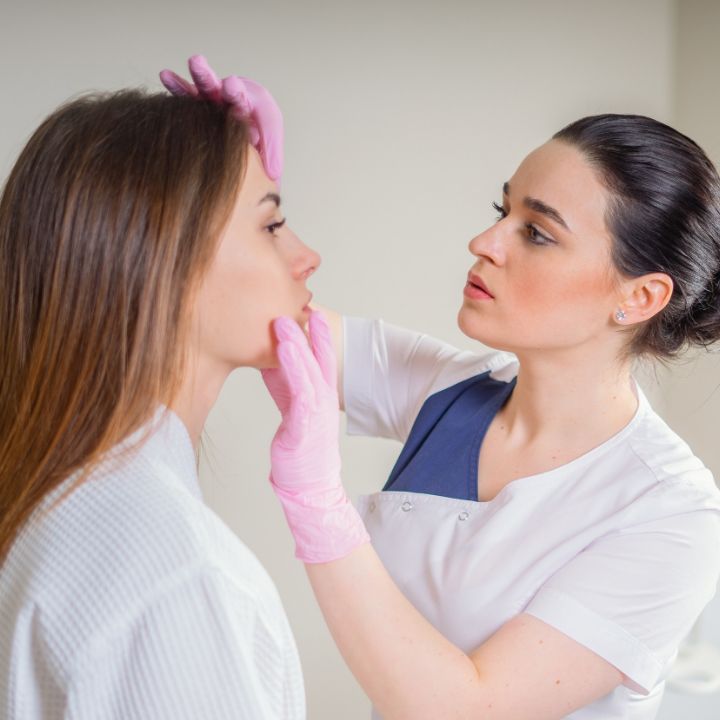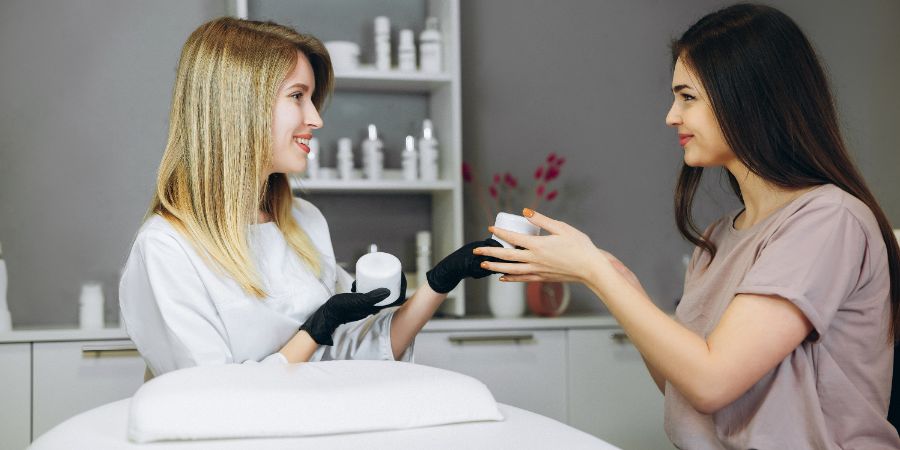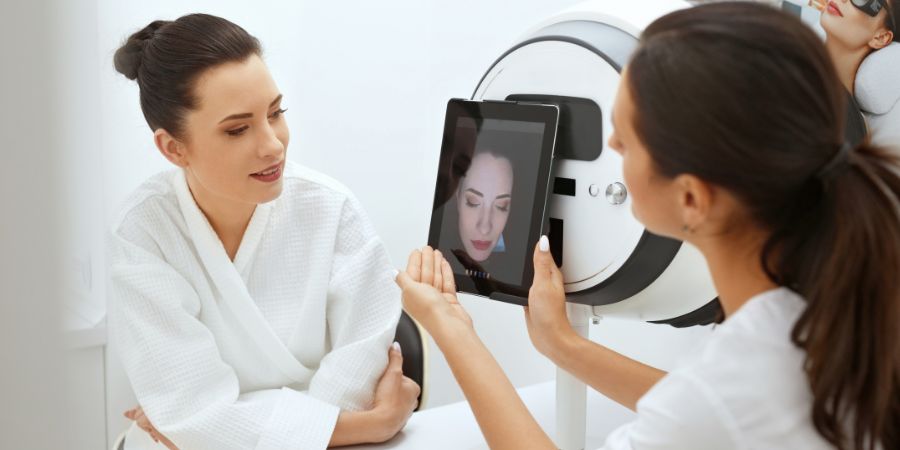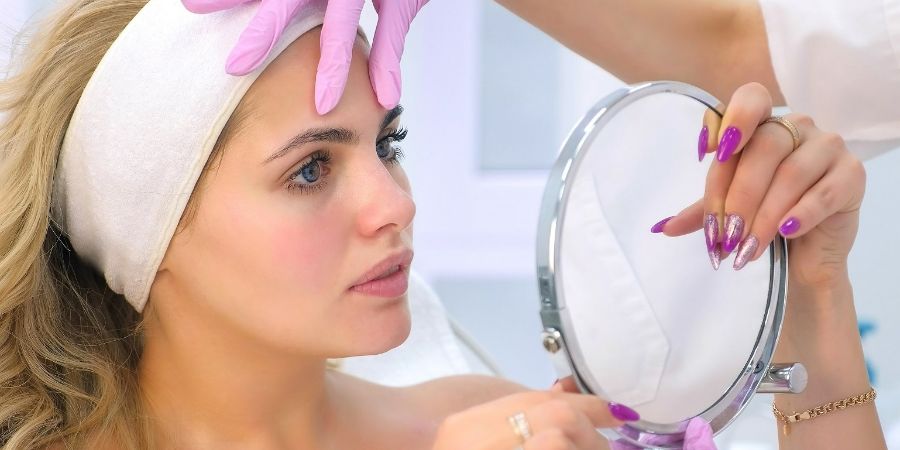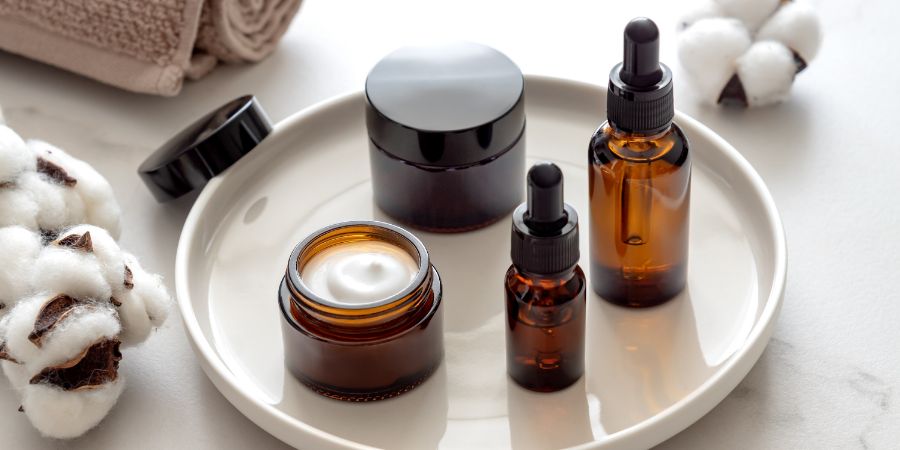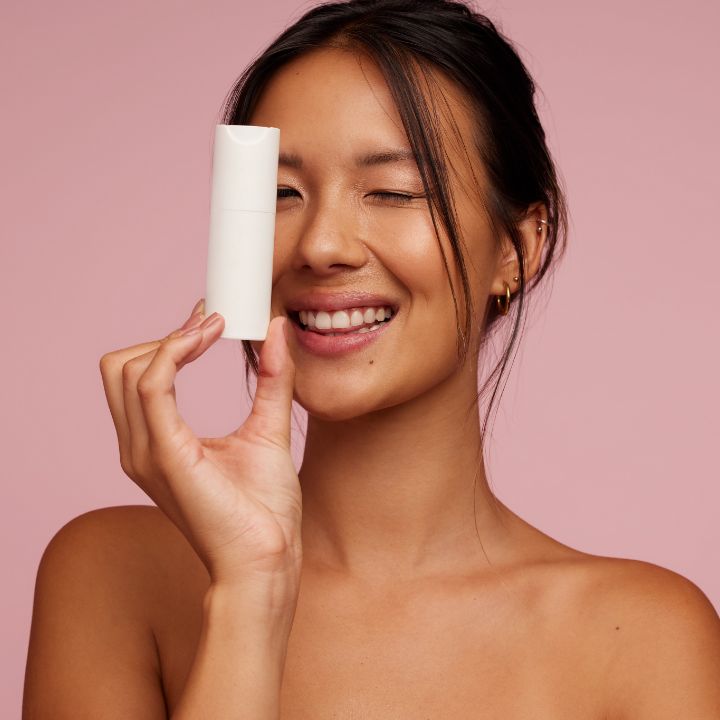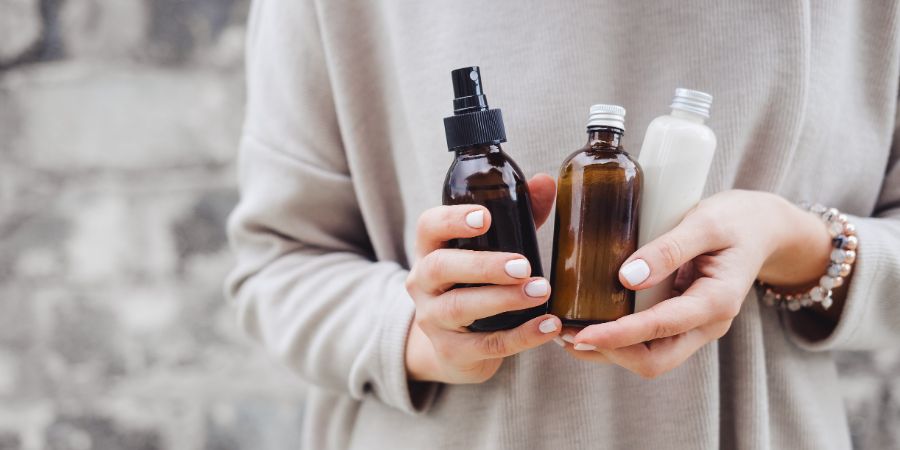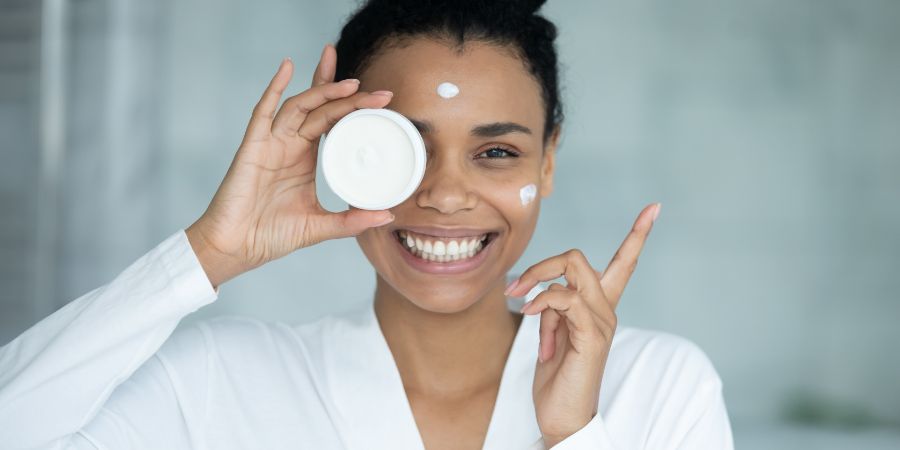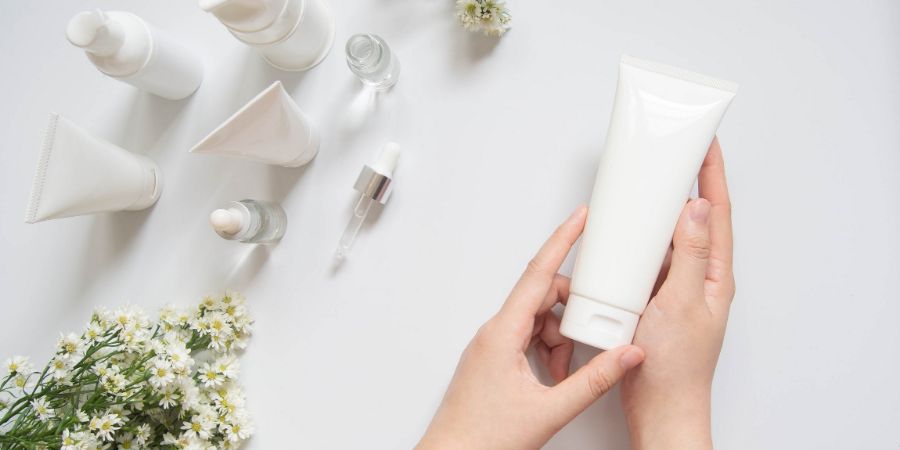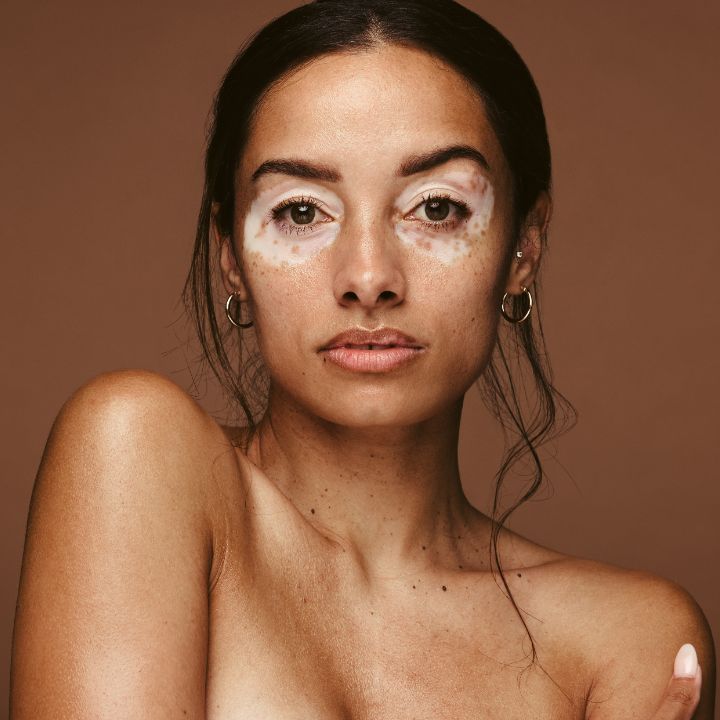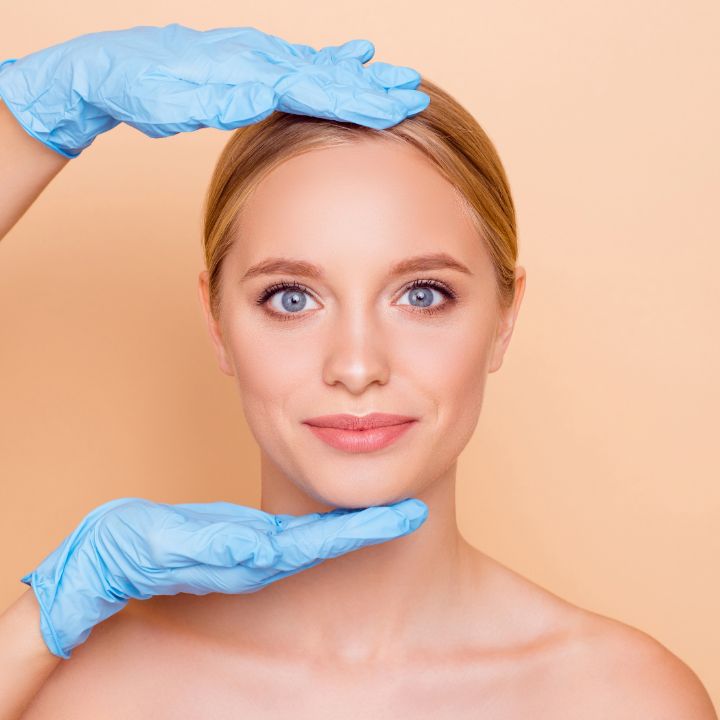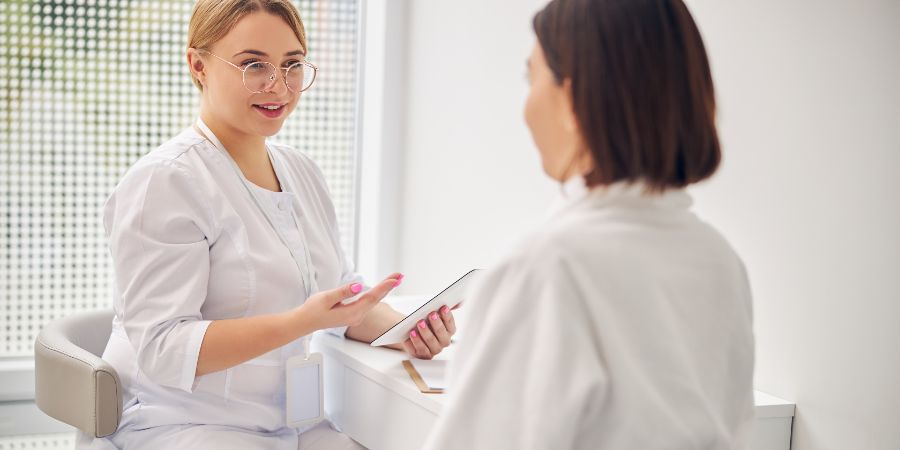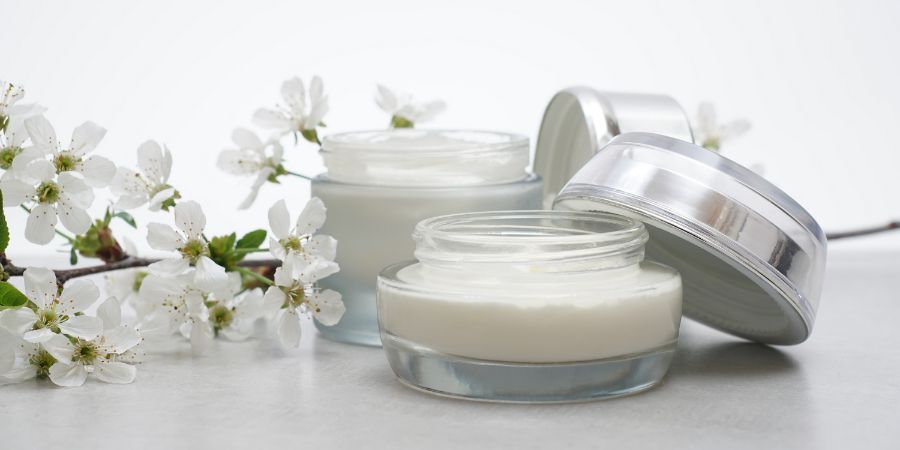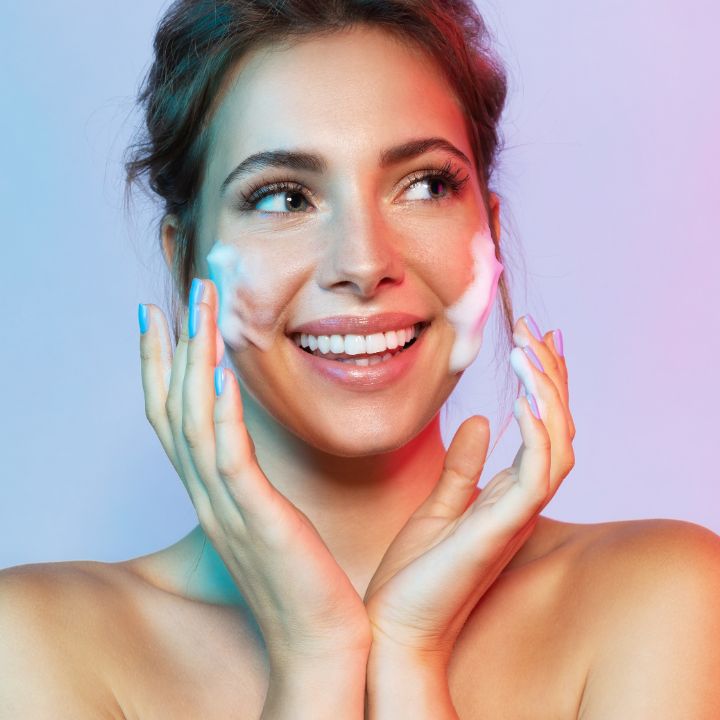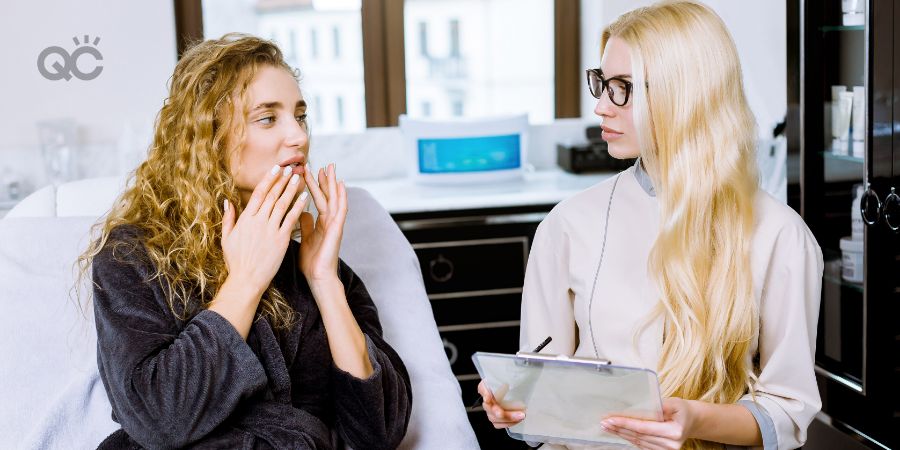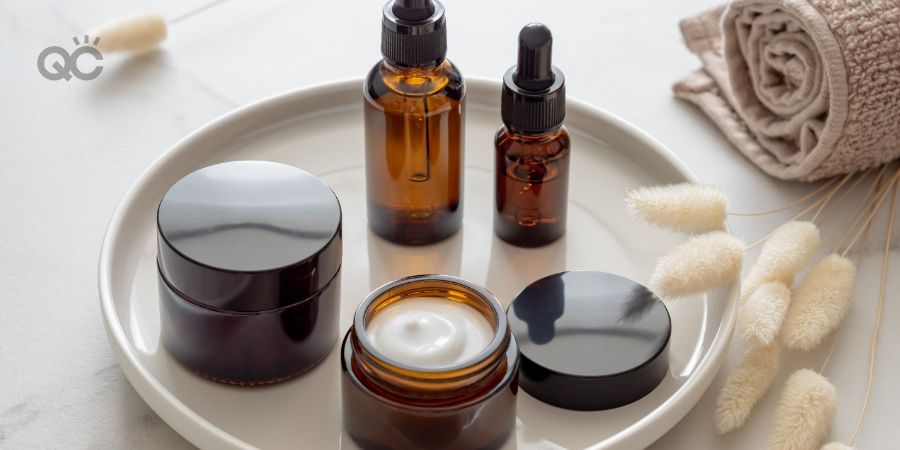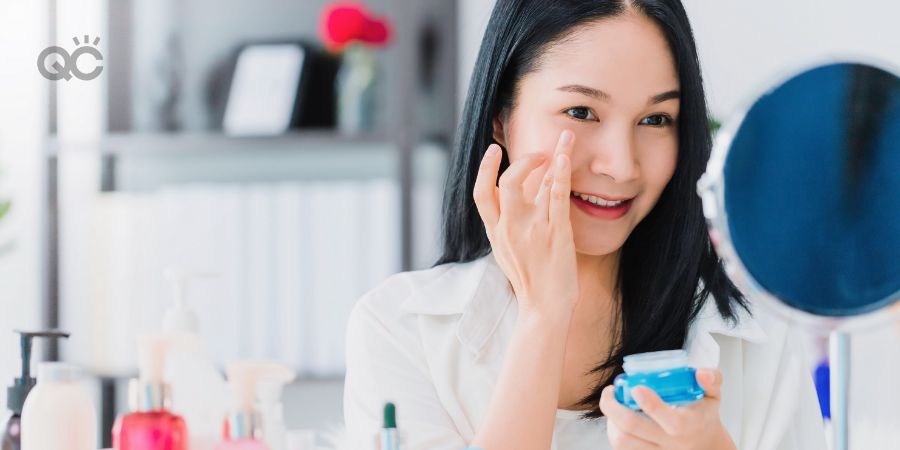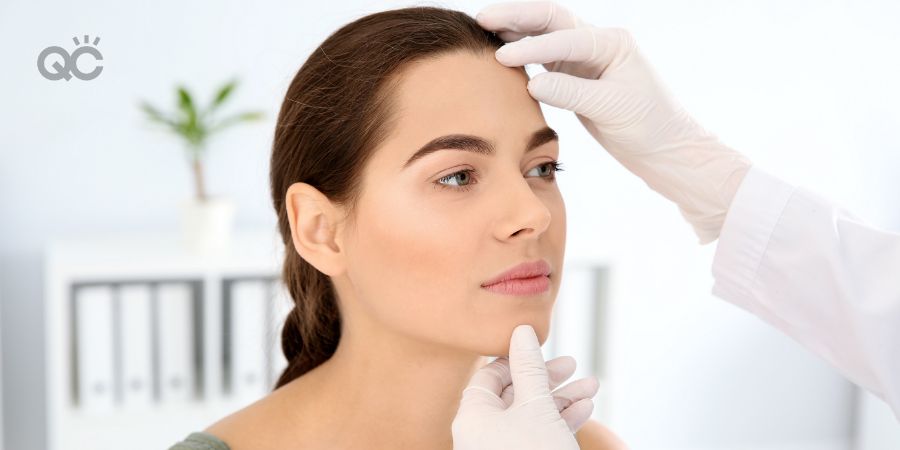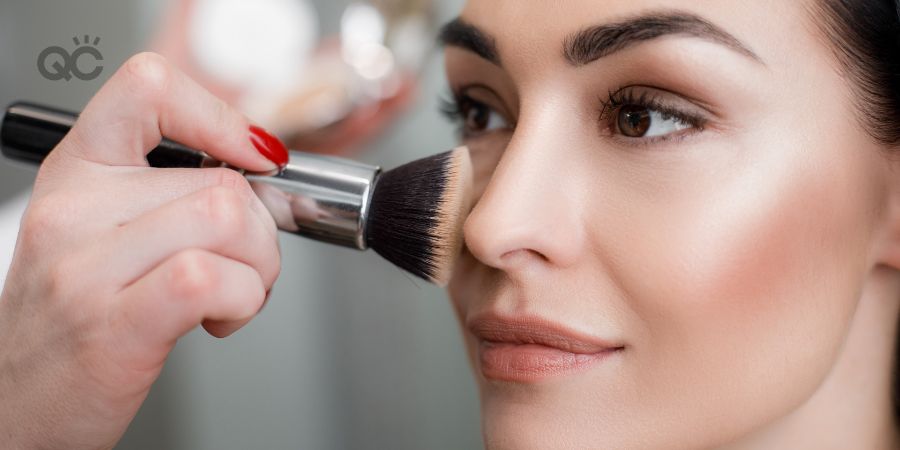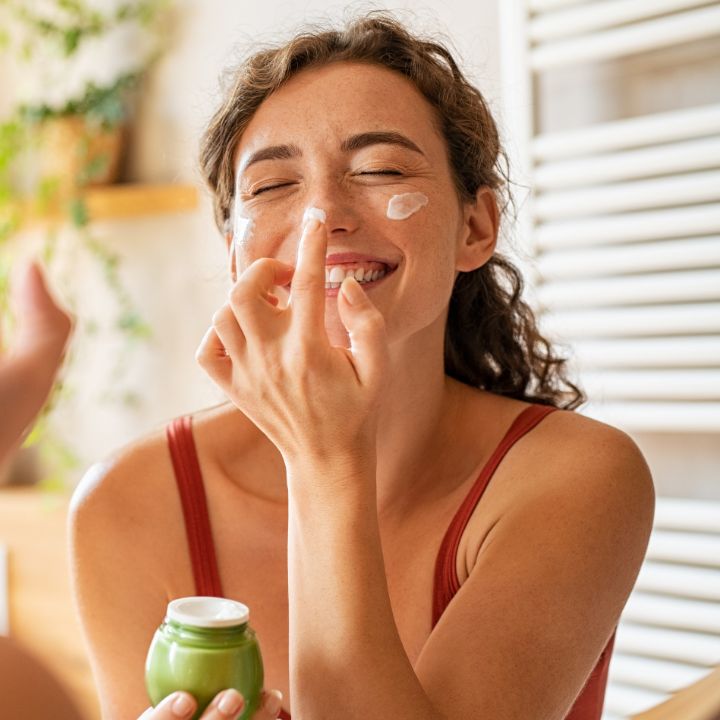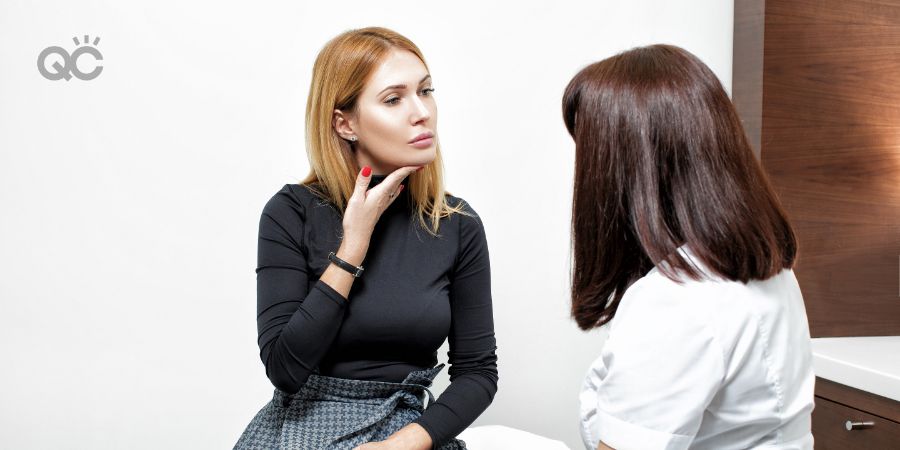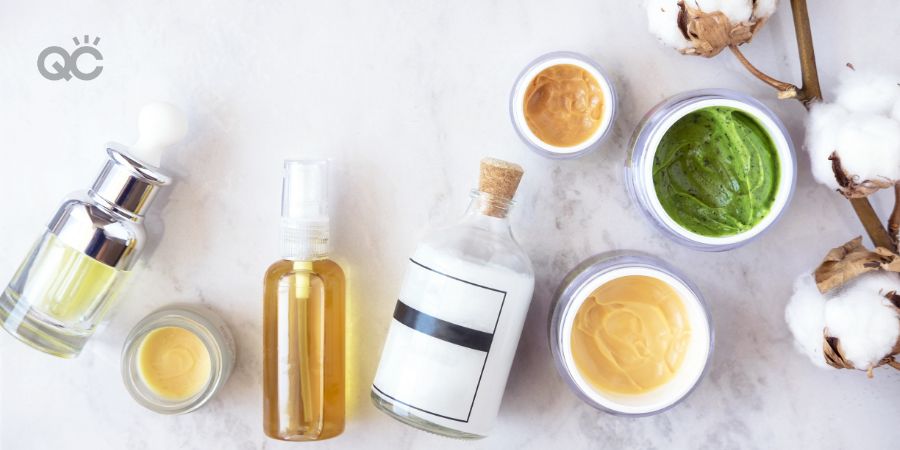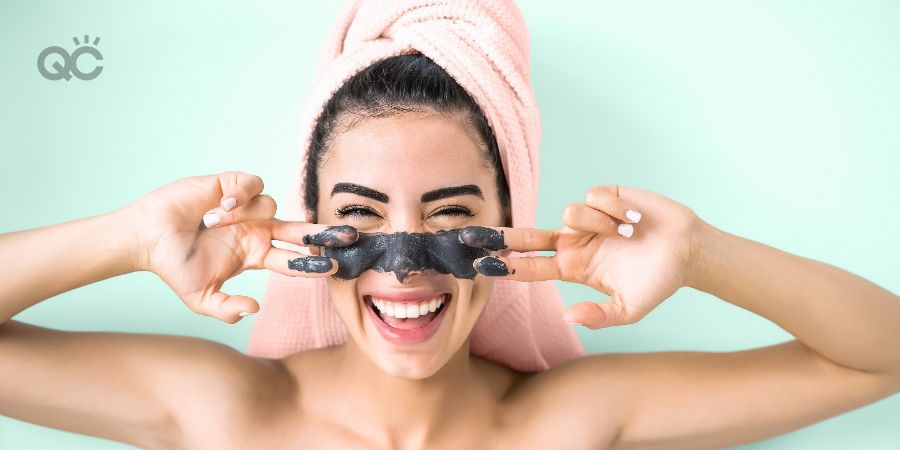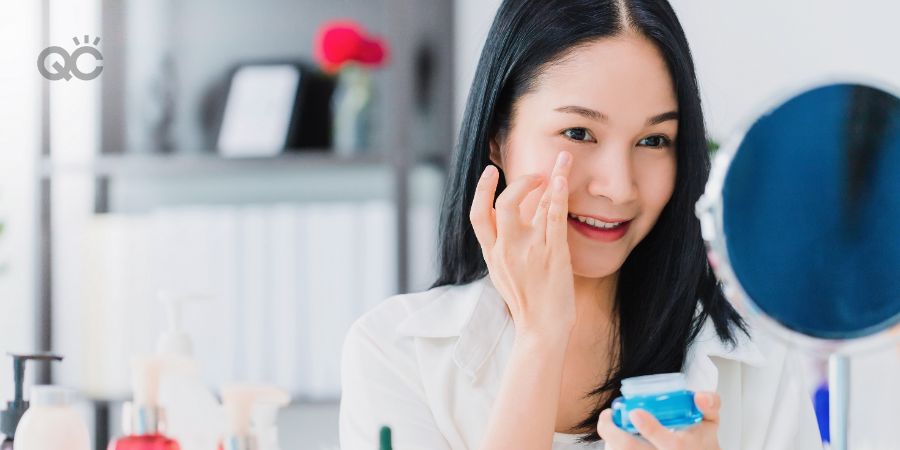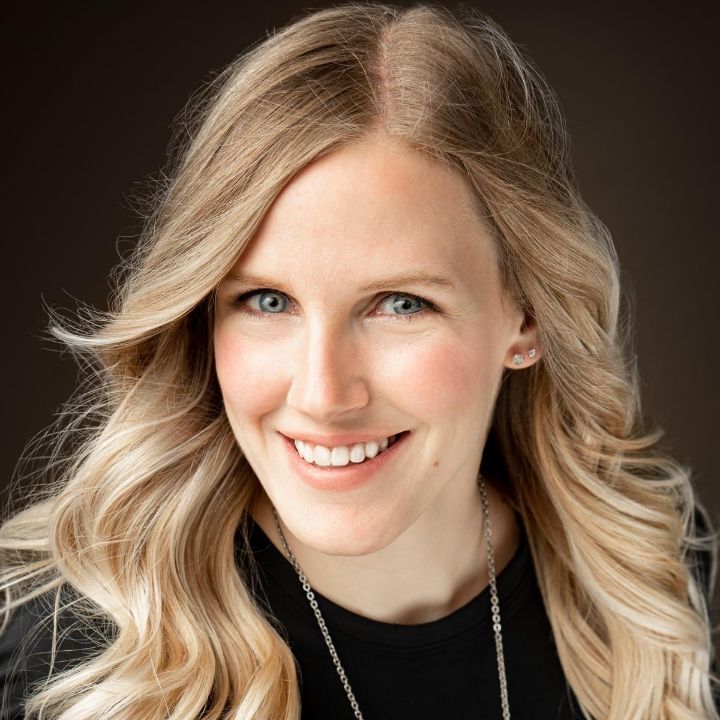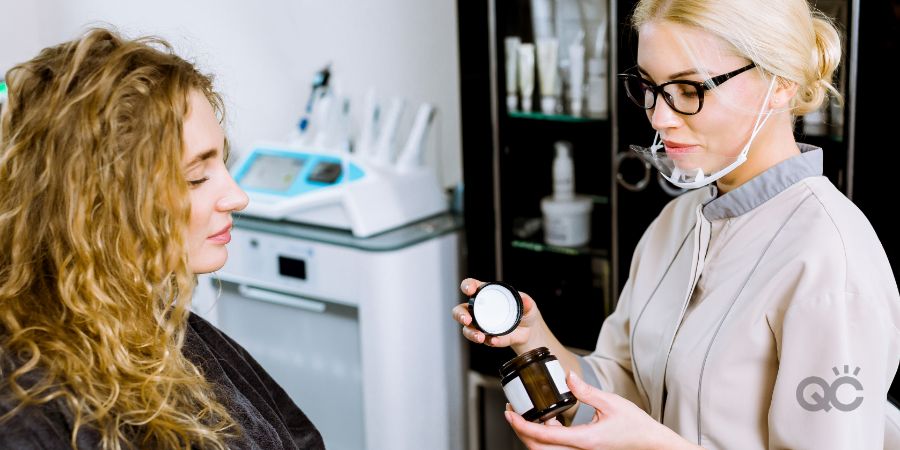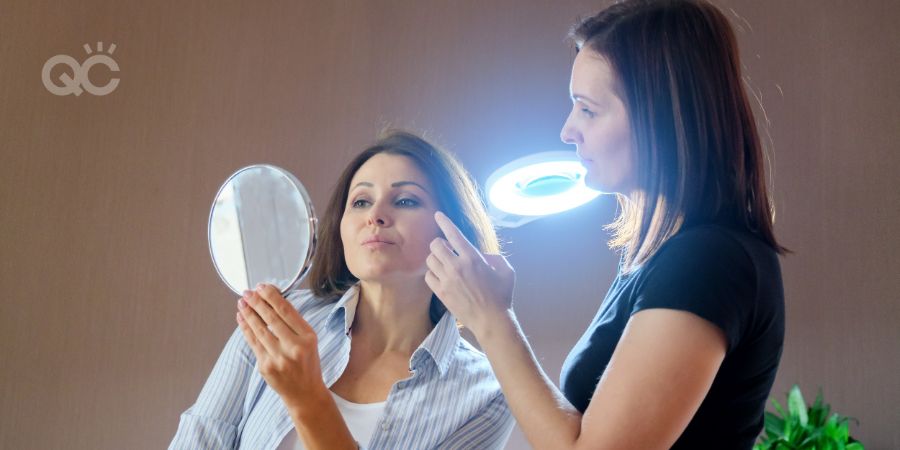
Skincare is often overlooked in men’s grooming routines, yet it plays a crucial role in maintaining healthy skin and boosting confidence. As awareness of skincare benefits continues to grow, more men are recognizing the importance of establishing a solid daily regimen. A basic men’s skincare routine can help combat issues such as dryness, acne, and signs of aging. Embracing a skincare routine is not just about looking good; it’s about feeling good in your skin.
In this article, we’ll outline a straightforward 5-step skincare routine that every man can follow for healthy, glowing skin. We’ll also explore the differences between men’s and women’s skin, the best products for men’s skincare, aftershave care, skin types, and additional tips and tricks to keep your skin healthy.
Let’s dive in!
5 Step Men’s Skincare Routine
Finding the best skincare routine for you can be difficult, but there’s no need to stress! With just a bit of time and effort, you can dramatically improve your skin’s appearance. By following these five simple steps, you’ll set yourself on the path to healthier, more radiant skin in no time. Embrace the journey and watch your skin transform!

Step 1: Cleanse
Cleansing is an essential step in any skincare routine. It removes dirt, oil, and impurities from the skin’s surface. For men, it’s crucial to choose a cleanser specifically formulated for male skin as it tends to be thicker and produces more sebum (oil) than women’s skin.
Step 2: Exfoliate
Exfoliation is a crucial step that helps remove dead skin cells, unclog pores, and reveal brighter skin. Men’s skin tends to be rougher and more textured due to facial hair, making exfoliation even more important. However, it’s essential not to overdo it as it can cause irritation and dryness. It’s recommended to exfoliate 2-3 times a week with a gentle scrub or chemical exfoliant.
Step 3: Moisturize
Moisturizing is key to maintaining healthy and hydrated skin. It also helps balance the skin’s natural oils, keeping it from being too oily or too dry. Look for lightweight moisturizers that won’t clog pores and are suitable for your skin type.
Step 4: Protect
Protecting your skin from the sun’s harmful UV rays is crucial for maintaining a youthful appearance. Use mineral sunscreen with an SPF of at least 30 every day, even on cloudy days.
Step 5: Treat
In this step, you can address specific skin concerns such as fine lines, dark spots, or acne. Look for products that contain active ingredients like retinol or salicylic acid and use them according to the instructions.
That’s it, an effective 5-step skincare plan! However, to truly optimize your routine, you need to know how men’s skin is different than women’s. By understanding these differences, you can choose the right products for you.
How Men’s Skin Differs from Women’s Skin
While there are some skincare tips for everyone, it’s important to look closely at those related to you. Men’s skincare needs differ from women’s in several ways. Men typically have thicker and more oily skin due to the presence of testosterone, making them more prone to acne and other skin issues related to excess oil production. Additionally, men often have larger pores, which can further contribute to oiliness and breakouts. Women, on the other hand, have thinner and more delicate skin.
Additionally, shaving is a significant factor in men’s skincare as it can cause irritation and ingrown hair. Therefore, it’s crucial for men to use products that cater specifically to their skin type and concerns. However, the basic principles of skincare remain the same for both men and women: cleansing, exfoliating, moisturizing, and protecting.
Learn how to understand skincare labels and ingredients to ensure you’re getting the best products for you!
Tips for Shaving Aftercare
Many men suffer from poor shaving aftercare. Without the proper care, shaving can cause irritation, ingrown hairs, and dryness It’s essential to follow up with proper aftercare to soothe the skin and prevent any potential issues.

Here are some tips for post-shave care:
Aftershave
It’s important to choose an alcohol-free aftershave to avoid drying out the skin, which can lead to discomfort and irritation. Look for products that contain soothing ingredients like aloe vera or witch hazel, as these can help calm any redness and promote healing after shaving.
Moisturize
After shaving, moisturizing is crucial because it helps replenish the skin’s moisture barrier, which can be compromised during the shaving process. Opt for a lightweight, non-comedogenic moisturizer that won’t clog pores, allowing your skin to breathe while providing the hydration it needs.
Avoid Touching Your Face
After shaving, your skin will likely be sensitive, making it important to avoid touching or rubbing it. This can help prevent irritation and breakouts, which are common after shaving. Instead, let your skin heal naturally to maintain its smooth appearance.
Use A Sharp Razor
A dull razor can significantly increase irritation since you’ll need to make more strokes for a clean shave. To ensure the best results and minimize discomfort, replace your blades every 5 to 7 shaves. Additionally, consider using a multi-blade razor that can help achieve a closer shave with fewer passes.
Exfoliate
Exfoliation plays a vital role in maintaining men’s skin health, especially due to the presence of facial hair. Regular exfoliation helps remove dead skin cells and prevents ingrown hairs, which can occur when hair grows back into the skin. By exfoliating after shaving, you can keep your skin smooth, enhance blood circulation, and promote a healthier complexion overall.
Best Products for Male Skincare
Gone are the days when men had only a limited selection of skincare products targeted towards them. Today, the market is flooded with an extensive array of options specifically designed to cater to male skin.
When selecting products, it’s important to look for formulations that include beneficial ingredients like salicylic acid, which helps combat acne and unclog pores, and vitamin C, known for its brightening properties and ability to improve skin texture. Additionally, exploring natural skincare options using extracts like green tea or aloe vera can provide soothing benefits and enhance your skincare routine.

Remember to take your skin type into account when choosing products to ensure you achieve the best possible results. Having a tailored skincare routine not only helps improve your skin’s appearance but can also boost your confidence and overall well-being. Embrace the modern skincare revolution and invest time in finding products that work for you!
Enroll in a skincare course to discover the best products for your skin type!
Skincare by Skin Type
Before starting a skincare routine, it’s important to identify your skin type, as this will help you choose the right products and treatments for your needs. Here are the main skin types to consider, along with their defining characteristics:
- Oily Skin: Shiny and greasy, with enlarged pores, prone to acne due to excess sebum production.
- Dry Skin: Tight feeling, flaky or rough appearance, worsened by cold weather or harsh products.
- Combination Skin: Oily T-zone (forehead, nose, chin) with dry patches on cheeks or around the eyes, making product selection challenging.
- Normal Skin: Considered ideal, balanced, comfortable, with smooth texture and smaller pores for a healthy complexion.
- Sensitive Skin: Reacts easily to products and environmental factors, leading to redness or irritation; benefits from gentle, hypoallergenic formulations.
Now that you know your skin type, you can tailor your skincare routine to address its specific needs, ensuring that you maintain healthy, glowing skin. Here’s a quick infographic to help you choose the right products based on your skin type:
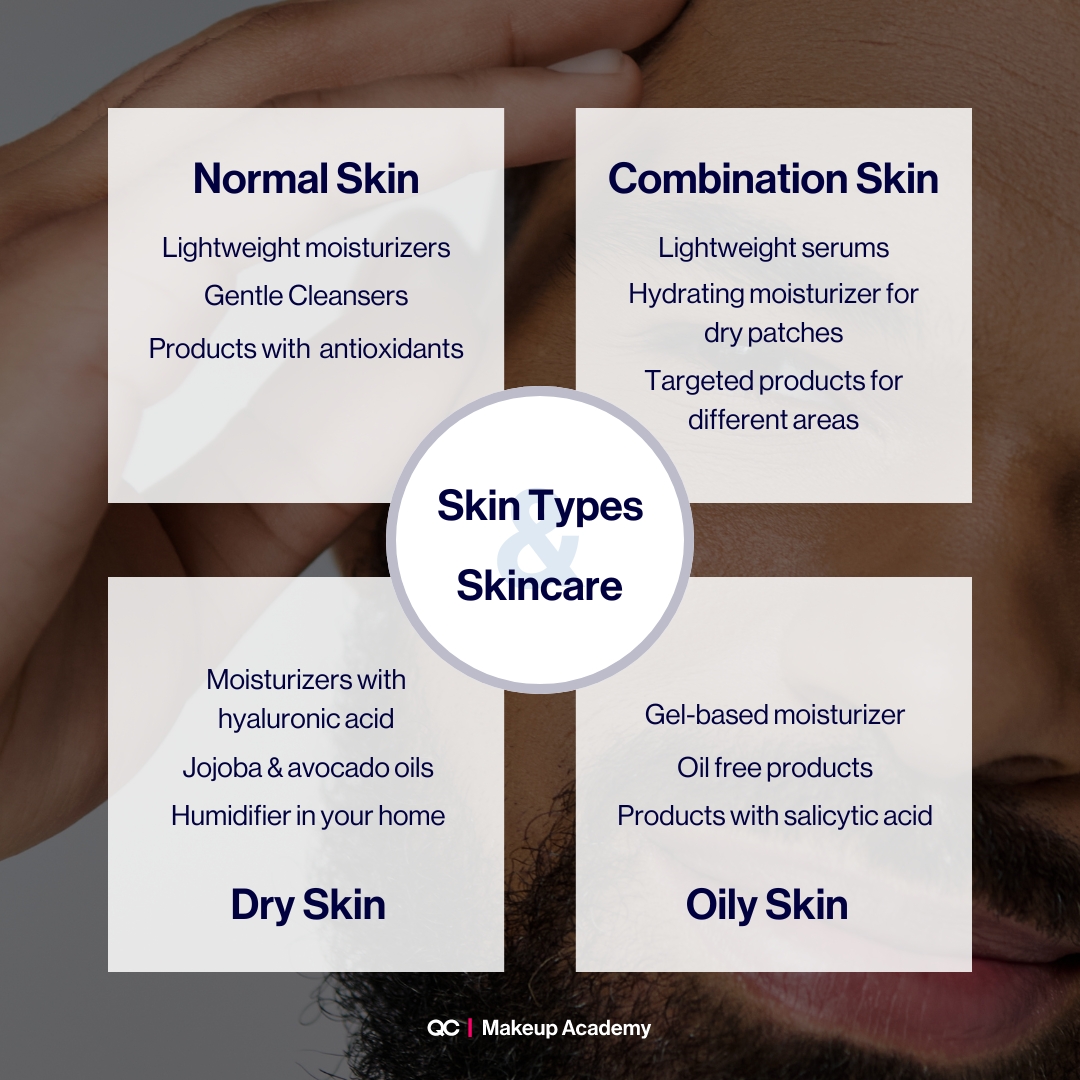
Check out this Skincare course sample where you learn to identify different skin types.
Additional Tips
- Stay Hydrated: Drinking enough water is crucial for maintaining hydrated and healthy skin. Aim to drink at least 8 glasses of water a day.
- Get Enough Sleep: Lack of sleep can lead to dull and tired-looking skin. Make sure to get 7-9 hours of quality sleep every night.
- Eat a Balanced Diet: A diet rich in fruits, vegetables, and healthy fats can help promote clear and radiant skin.
- Exercise Regularly: Regular exercise can improve circulation and give your skin a natural glow.
- Manage Stress Levels: High levels of stress can contribute to various skin issues. Find ways to manage stress, such as meditation or yoga, to keep your skin healthy.
Remember, everyone’s skin is unique and may require different approaches and products. Don’t be afraid to experiment and find what works best for you. And most importantly, always listen to your skin and adjust your routine accordingly. By following these tips, you can achieve healthy skin that will make you feel confident and refreshed every day. So go ahead, take care of yourself, and enjoy the benefits of a good skincare routine!

Frequently Asked Questions (FAQ)
Can I use the same products for my face and body?
It’s best to use products specifically formulated for the face and body, as facial skin is typically more sensitive and has different needs compared to the thicker skin on the body.
What can I do to improve my skin’s hydration?
In addition to using a quality moisturizer, ensure you drink sufficient water, eat a balanced diet, and consider incorporating hydrating serums into your routine.
How can I protect my skin from sun damage?
Always apply a broad-spectrum sunscreen with an SPF of at least 30 daily, even on cloudy days. We recommend using mineral sunscreen whenever possible. Reapply every two hours when outdoors, especially after swimming or sweating.
What should I do if I experience irritation or breakouts after using a new product?
Discontinue use immediately and monitor your skin’s response. If irritation persists, consult a dermatologist for tailored advice and potential treatment options.
How can I manage stress for better skin health?
Incorporate stress-reducing activities into your daily routine, such as exercise, meditation, or hobbies. Finding effective coping strategies can significantly benefit your skin and overall health.
